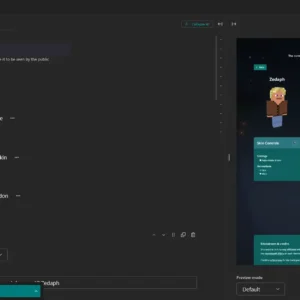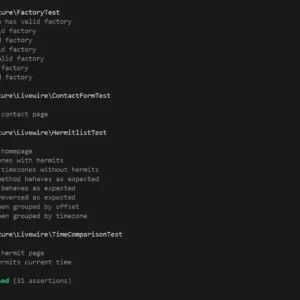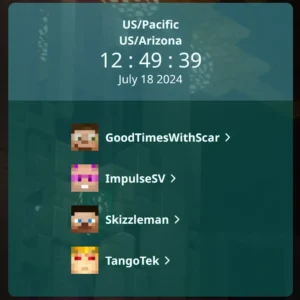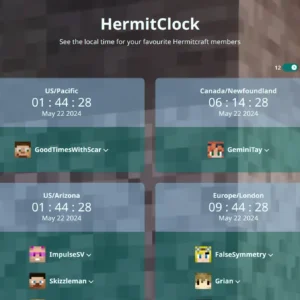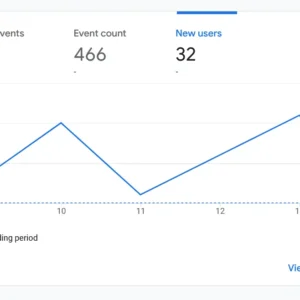Category: Behind the Scenes
I rebuilt Hermitclock with Wagtail & Django
Introduction Last year, I launched a website called Hermitclock, dedicated to sharing the local times of the active Hermitcraft members. If you’re unfamiliar with Hermitcraft, it’s a Minecraft survival, multiplayer server full of content creators. Hermitclock was built using Laravel, a popular PHP-based full-stack framework for website development. Since then, I have put a lot […]
Hermitclock development, August 2024
Introduction Since my last update, I’ve been working through a sprint of development with two key objectives: 3D-Rendered Minecraft Skins Previously, there was just a static image of the Hermit on the top-left. While this was fine, I had a few people mention to me that they thought it would have moved. By using a […]
Hermitclock development, July 2024
Introduction Since my last update, Hermitclock has been going strong and steady. In fact, I’d taken a bit of a break from Hermitclock development throughout June to focus on redesigning and rebuilding my website. Now that the dust has settled, I’m ready to return to Hermitclock to add some new and exciting features. Before anything […]
Hermitclock development, May 2024
Following on from my recent post covering the success of hermitclock.com, I’ve decided I’d like to keep a record of the work I’m doing on the website. This will showcase the work that’s been carried out, as well as upcoming features that I have planned. Without further ado, let’s jump in! What’s new? Hermitclock has […]
The Success of Hermitclock’s Launch
For those who don’t know, Hermitclock is my latest side project. It’s a website which shows the live, local times for all of the active Hermitcraft members. Hermitcraft is a Minecraft, multiplayer survival server on which only a select group of players (often called Hermits) can play. All of the active Hermits are content creators, […]
Using Google Analytics on my blog after 3 years
In my experience within the web development industry, Google Analytics is the go-to solution for monitoring the effectiveness of a website, and for optimising the content. Being able to audit and track not only the sources of your traffic but also the way your users interact with your website, is invaluable information for those willing […]
Local PHP development with Docker Compose
Introduction This post will cover how I host local copies of PHP websites running WordPress and Laravel with Docker Compose. This removes the need to install PHP, Composer, Nginx/Apache, MySQL, NPM/Node, etc locally on your host machine. I run my local development environments within Docker to avoid bloating my system. This means all of the […]
Swift Performance AI Benchmarks & Performance
Swift Performance AI Benchmarks vs the Competition Caching plugins are critical for enhancing the speed and performance of a WordPress website. They work by storing a static version of your site and presenting this to your users, which significantly reduces server lag. This ultimately leads to faster load times, providing an enhanced user experience. Today, […]

